The Ultimate Guide to Septic Pump Maintenance: Keep Your System Running Smoothly
Economy Septic • March 9, 2023

As the autumn breeze brings a refreshing change, it’s time to revitalize your property and prepare it for the season ahead. When it comes to pressure washing in Tacoma WA, nothing beats the expertise and precision of Le Hood Cleaning. If you’re considering pressure washing your property, let us show you why hiring Le Hood … Pressure Washing in Tacoma WA: Experience the Ultimate Service with Le Hood Cleaning Read More »
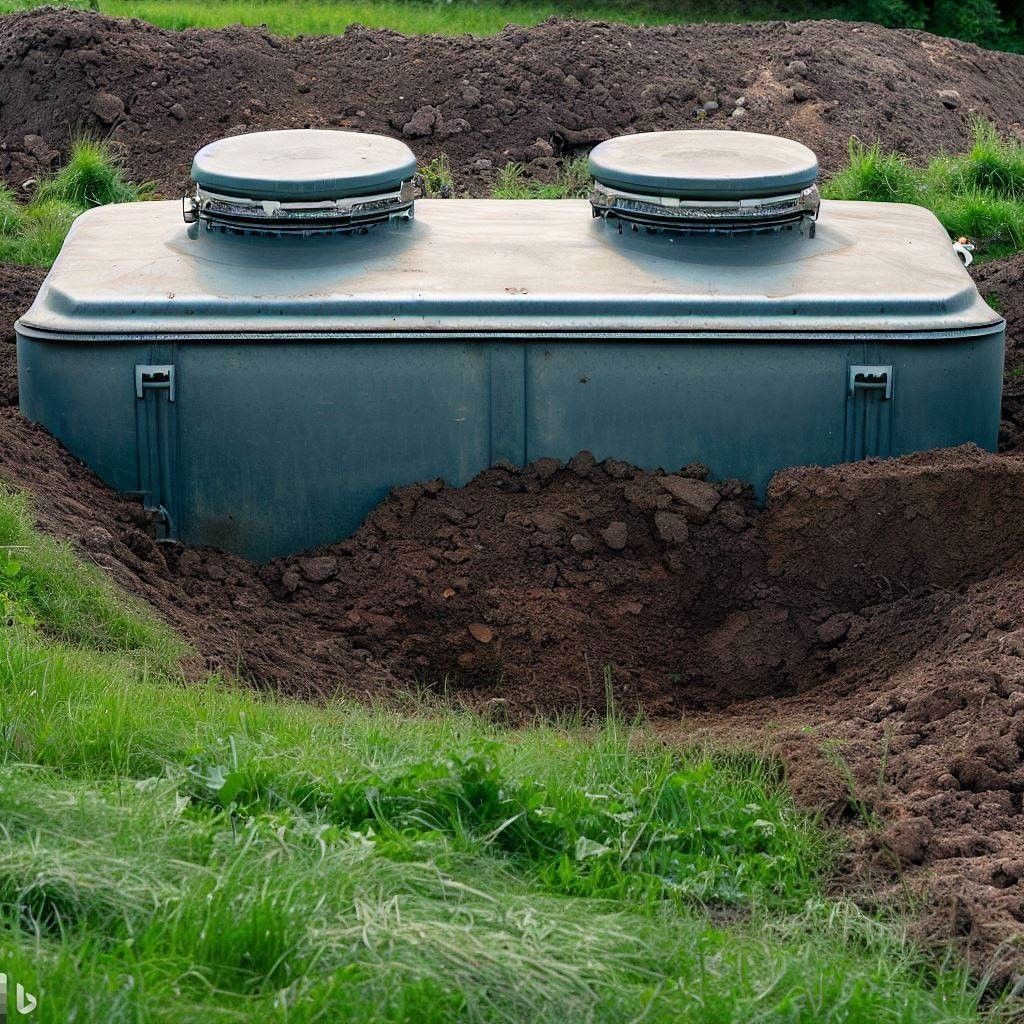
As the trusted expert in septic pumping in Puyallup, Economy Septic Service understands the importance of extending the lifespan of your septic tank. Numerous factors can impact its durability, but with our professional maintenance and care, your septic tank can provide reliable service for decades. In this article, we’ll discuss the key elements that affect … Puyallup Septic Pumping: Extending the Life of Your Septic Tank Read More »
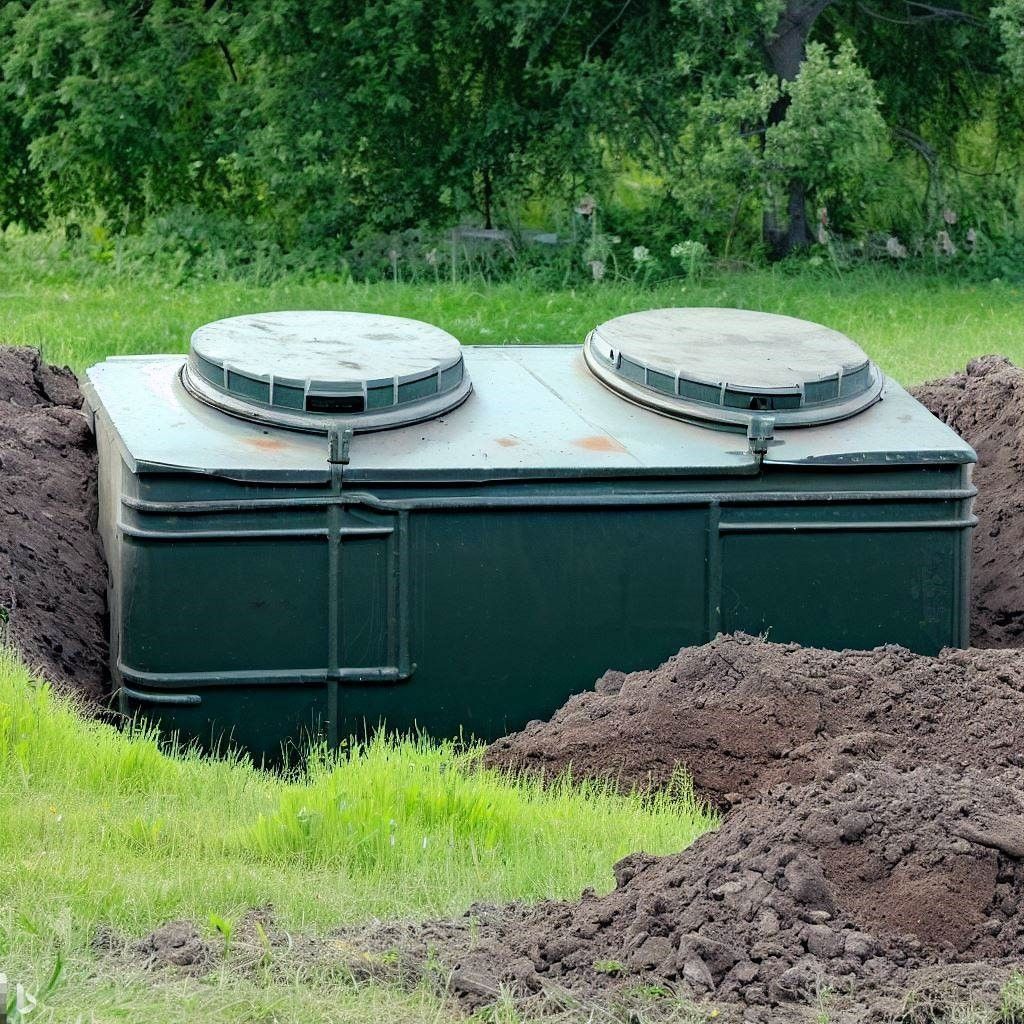
When maintaining a well-functioning septic system, there’s no room for neglect. Regular maintenance is not just a wise investment; it’s essential for avoiding costly repairs, inconvenient backups, and potential environmental hazards. Economy Septic Service understands the significance of septic maintenance and its long-term benefits. In this comprehensive guide, we’ll explore why septic maintenance should never … Puyallup Septic Pumping Services: Maximize the Lifespan of Your Septic System Read More »

Maintaining a property with a septic tank requires careful attention to ensure a healthy and smoothly functioning system. Economy Septic Service understands the unique challenges of septic tank ownership. We offer reliable septic pumping services to the Puyallup, Washington community. Whether you’re a seasoned septic tank owner or a newcomer, we’re here to help you … Septic Pumping Services in Puyallup: Ensuring a Healthy System Read More »
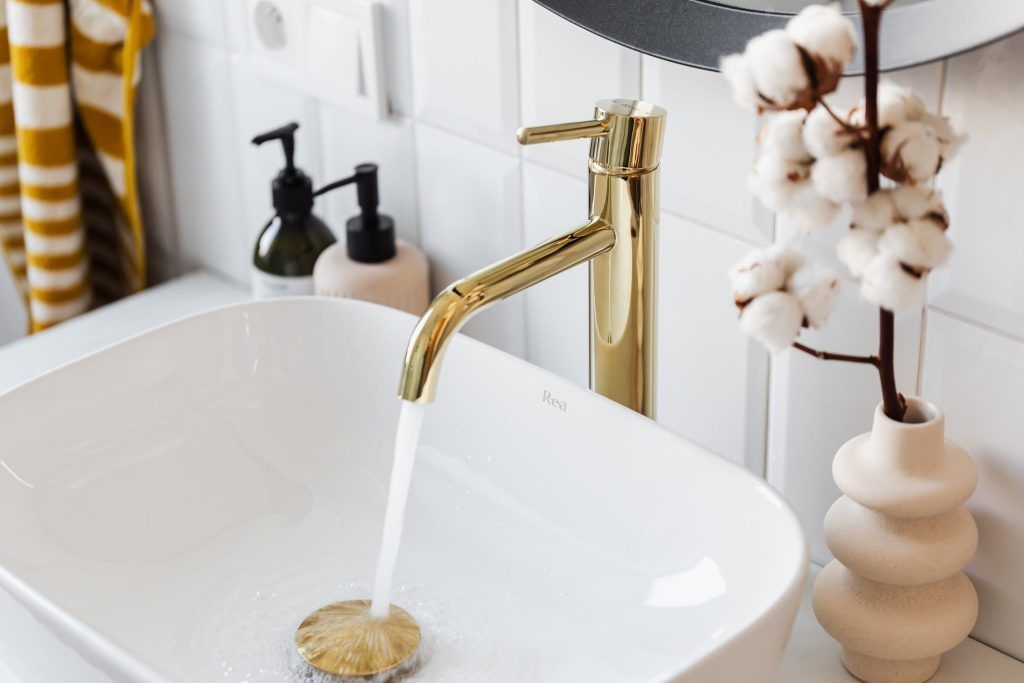
Maintaining your septic system well is essential. Regular septic pumping in Puyallup is especially crucial as septic systems are prevalent in the area, and you want to ensure your system’s efficient and trouble-free operation. As a trusted provider of septic tank pumping services in Pierce County, we take pride in offering expert solutions to keep … Puyallup Septic Pumping: Maintaining Your Septic System Made Easy Read More »
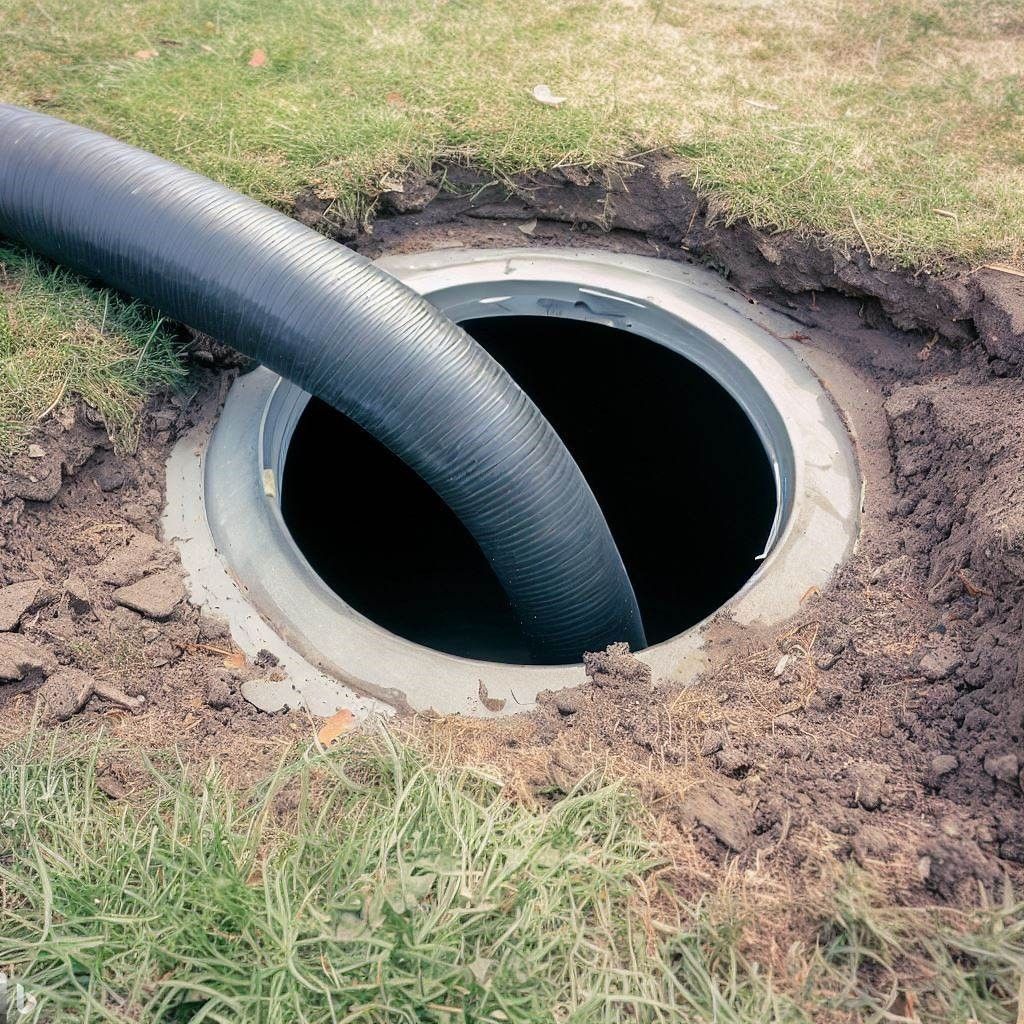
A well-maintained septic tank system is essential to keep your property running smoothly. Our reliable and professional team is here to offer top-notch septic pumping services in Puyallup, Washington, ensuring your septic system functions flawlessly while saving you money on costly repairs. Let us share some essential tips and insights to demonstrate the benefits of … Septic Pumping in Puyallup: Comprehensive Services in Puyallup, Washington Read More »
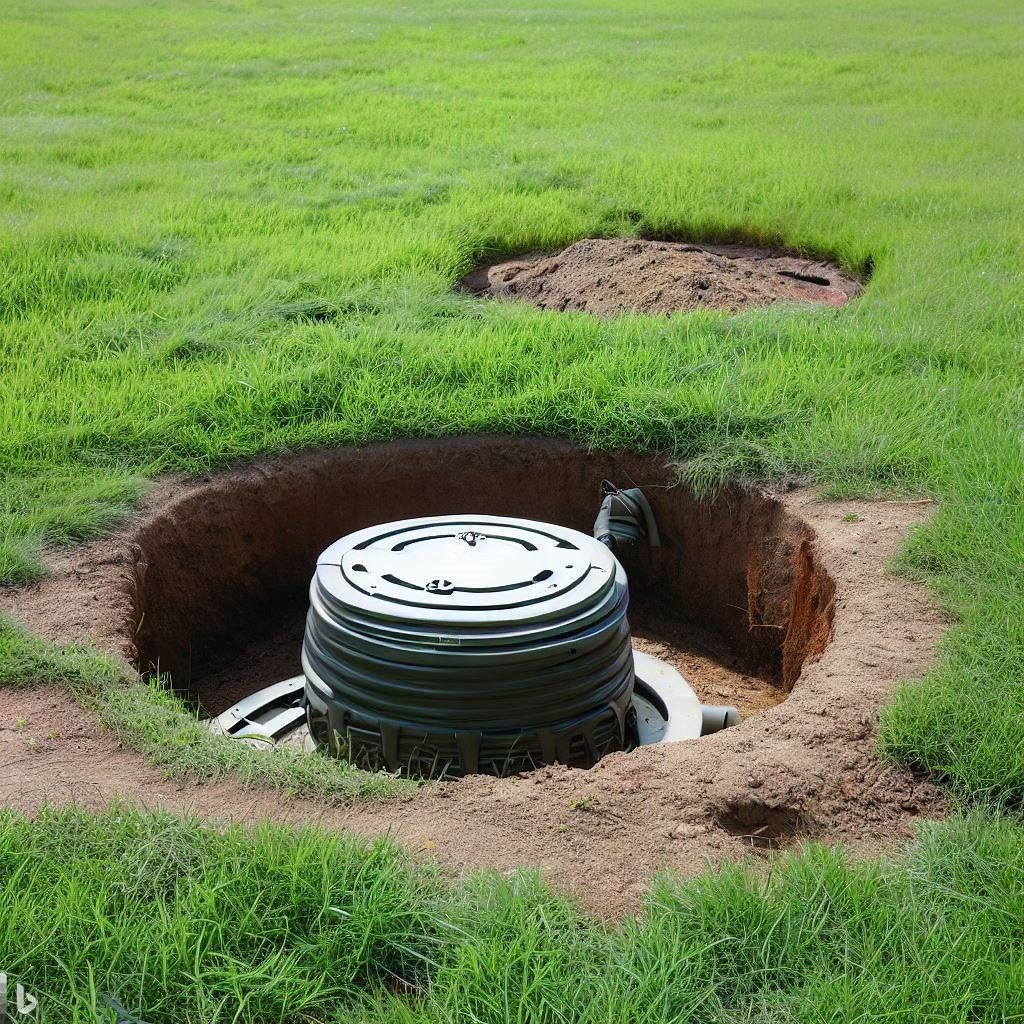
In Puyallup, Washington, where many households rely on individual septic systems, proper maintenance is crucial to prevent leaks and clogs. Economy Septic System will guide you through essential maintenance tasks and septic pumping in Puyallup that will extend the life of your system and ensure it operates smoothly for years to come. Septic Pumping: The … Septic Pumping in Puyallup: Maintain Your Septic System’s Longevity and Reliability Read More »
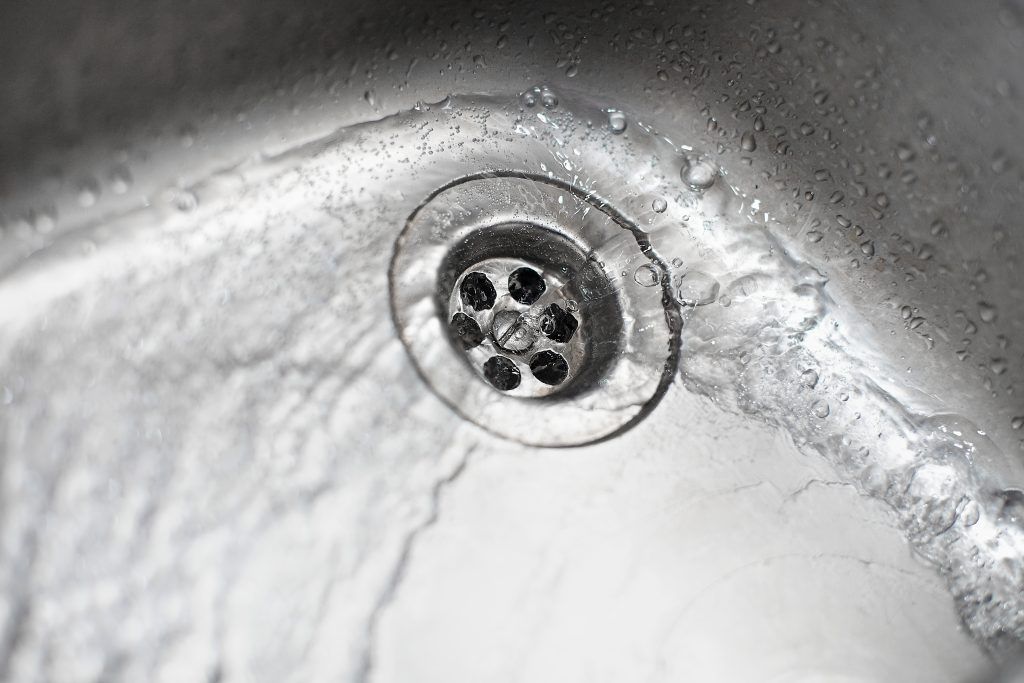
Economy Septic Service understands the importance of maintaining a healthy septic system. As your reliable septic pumping experts in Puyallup, Washington, we are here to guide you on when and why pumping your septic tank is necessary. Regular pumping is crucial to ensure the smooth functioning of your septic system and avoid costly repairs. This … Septic Pumping Services in Puyallup: Economy Septic Service as Your Top Choice Read More »

As a responsible homeowner in Puyallup, Washington, you must be aware of the location of your septic tank to maintain it effectively and avoid costly repairs. Economy Septic Service knows the significance of a well-maintained septic system, and we are here to help you with our expert septic pumping services in Puyallup. In this comprehensive … Septic Pumping Services in Puyallup: Talk to an Expert Guide Read More »

As the leading septic service provider in Tacoma, Washington, Economy Septic Service understands the importance of maintaining your septic system to ensure it functions properly and safeguards the environment. Our dedicated team offers comprehensive septic tank pumping services in Tacoma WA, including septic system evaluations, to help you avoid costly repairs and protect local rivers, … Septic Tank Pumping in Tacoma WA: Protecting Your System and the Environment Read More »
